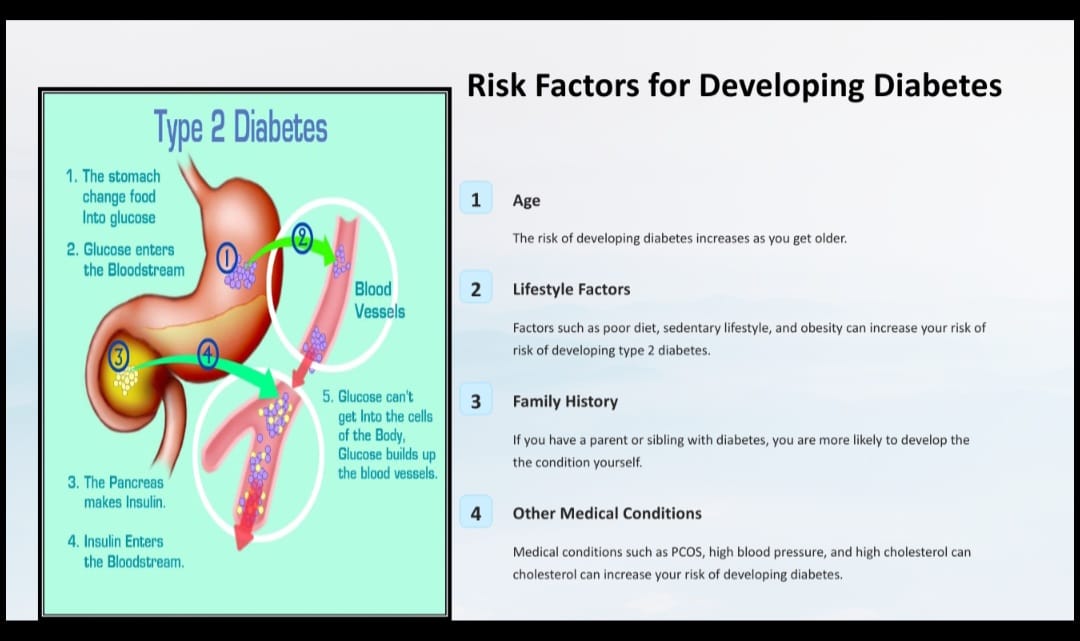The Link Between Diabetes and Heart Disease: How to Safeguard Your Cardiovascular Health"
diabetes reversal
6 amazing vegetables for diabetes
6 essential conditions of insulin injection
8 strategies to reverse diabetes
The Link Between Diabetes and Heart Disease: How to Safeguard Your Cardiovascular Health"
How daily 2 Mushrooms Are Transforming Nerve Health: Groundbreaking Research from Johns Hopkins and California University
January 26, 2025 | by drsushilarathod

